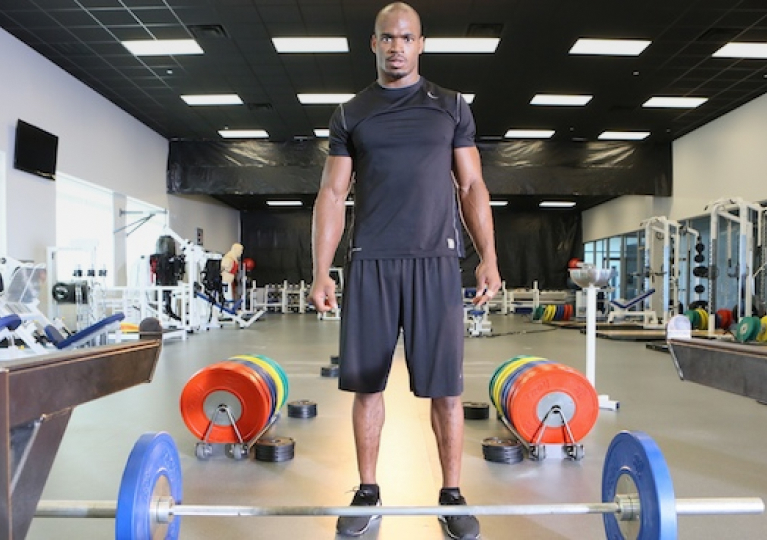Experienced football coaches and players know that championships are actually won in the off-season. How you manage the time between two seasons is a deciding factor in whether you will fail or succeed in the next season. Every little improvement that you make in the months before the next season will be crucial to your evolution as an athlete.
Here in this post, we will discuss the five most important things football players can do to get better for the next season:
Set Goals that Will Fire You Up
The best time to set goals is months before the season kicks off. When the season begins, you should not be thinking too much about the goals & expectations; during the season, you should concentrate fully on your play.
No matter the level, football players should always set short-term and long-term goals during the off-season.
- Write down your goals on a piece of paper and post it on the bathroom mirror
- Develop a plan of action for achieving these goals
- Ask yourself why you play football! Is it for fun? Do you want to join the college team? Be precise.
- When you eat, sleep, and train, always remind yourself of the ‘why’ of what you are putting your heart into
When you fail to achieve a short-term goal, don’t beat yourself up. When you find a rough patch on the road, you don’t just stop and get out of the car. You re-route and continue driving towards your destination. So, feel free to change short-term and long-term goals when necessary.
With regards to personal goals, discuss failures and successes with your personal football coach. Ask for feedback and advice.
Focus on Recovery
Even if you did not suffer any mild or serious injuries during a season that just went by, there are joint alignment issues, tissue damage, and muscle imbalances that you need to take care of. If you ignore full-scale recovery in the beginning, these seemingly minor problems may escalate into serious issues during training. You won’t like it, really; it’s frustrating.
Football players should, in a way, try to reset their bodies with various joint-friendly movements. For instance, you can try active stretching, foam rolling, and mobility work. Yes, it can get boring at times but you don’t want your training sessions to be painful a few months later, do you?
Recovery is a must if you want to reach your training potential. If you have a personal performance trainer, ask him how you can heal your body and gain more strength. Once you have developed a plan, make sure you stick to it.
Work on Extending Functional Range of Motion
During the off-season, football players should work on extending their functional range of motion; focus on your mid-back and hips in particular. It can help you gain speed & agility in quickly changing directions.

Depending on the advice of your personal football coach or team coach, you can try yoga or mid-back twisting exercises.
Gain Speed and Agility
Not just physical strength, speed is important too.
Therefore, when you devote time and energy to gain physical strength in the weight room, you should also consider training for improvements in running speed and change of directions on the field.
Add Lean Muscle
Get rid of body fat and gain a few pounds of lean muscle. One year is sufficient time to gain lean muscle enough to guarantee speed and strength. You may also need to focus on your nutritional needs to gain lean muscle.

